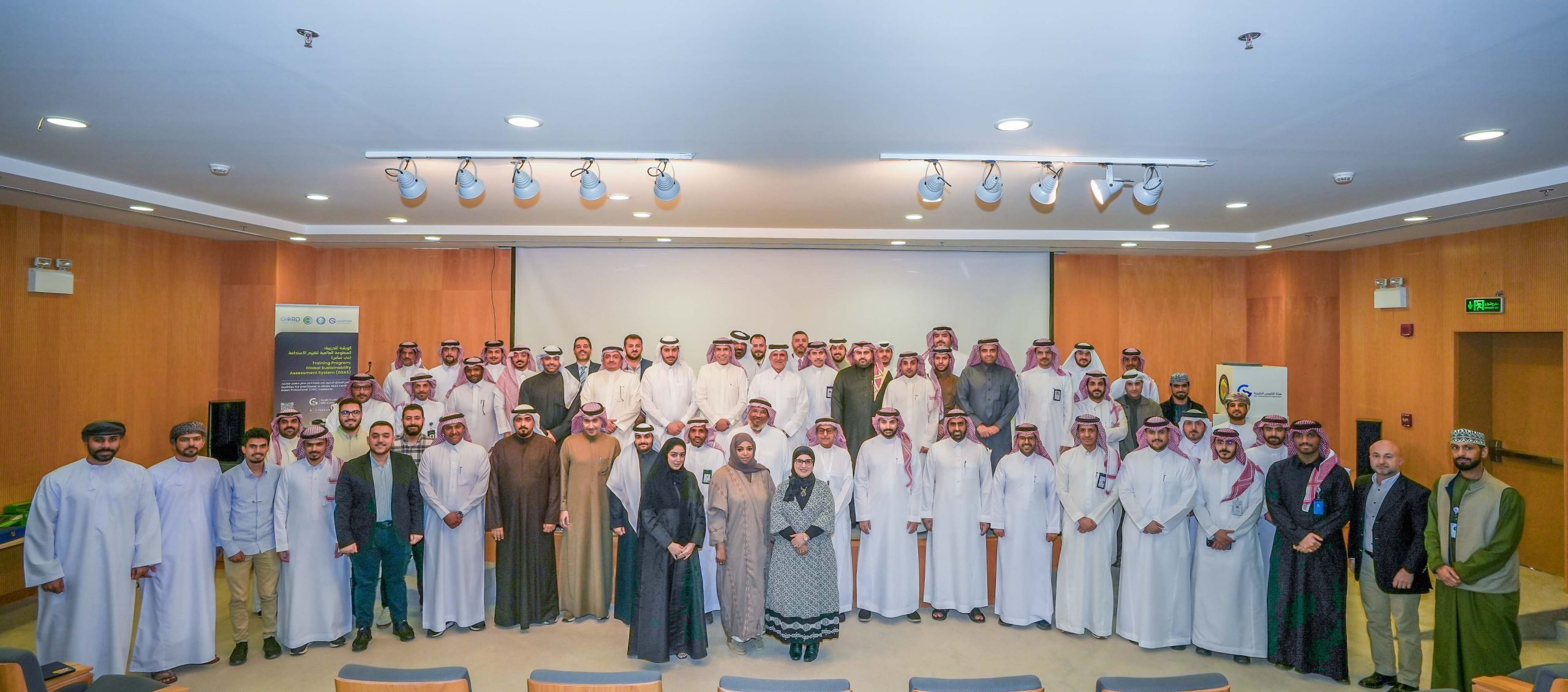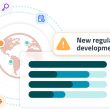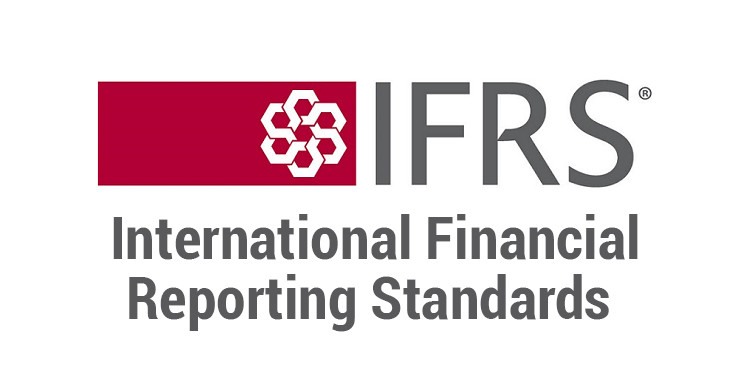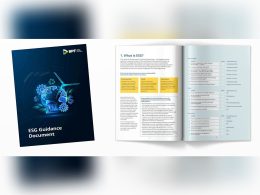The International Sustainability Standards Board (ISSB) has released a comprehensive guide to aid companies in identifying and disclosing material sustainability-related risks and opportunities that could affect cash flows, access to finance, or cost of capital in the short, medium, or long term.
This initiative by the IFRS Foundation supports the global implementation of ISSB Standards, as investors and capital markets increasingly demand robust sustainability information to inform investment decisions.
The guide focuses on the concept of sustainability-related risks and opportunities as defined in IFRS S1, the General Requirements for Disclosure of Sustainability-related Financial Information. It emphasises how these risks and opportunities arise from a company’s dependencies and impacts on resources and relationships, including human, intellectual, financial, natural, manufactured, and social capital across the value chain.
Central to the ISSB’s approach is “integrated thinking,” which considers the interconnected relationship between a company, its stakeholders, society, the economy, and the natural environment. This perspective is essential for understanding how a company’s activities contribute to either the preservation or depletion of vital resources.
The guide highlights the alignment between ISSB Standards and the process companies already use for making materiality judgements under IFRS Accounting Standards. Drawing on the four-step process outlined in IFRS Practice Statement 2, the guide ensures that companies operating in over 140 jurisdictions using IFRS Standards—or those aligned with materiality-focused accounting practices—are well-positioned to adopt the ISSB framework.
The guide also explores how sustainability-related financial disclosures can be integrated with financial statements and provides considerations for companies aligning ISSB Standards with other frameworks, such as the European Sustainability Reporting Standards (ESRS) or the Global Reporting Initiative (GRI) Standards.
This publication highlights the ISSB’s commitment to enhancing the quality and consistency of sustainability reporting, ensuring that companies worldwide are equipped to meet the evolving expectations of investors and stakeholders.















